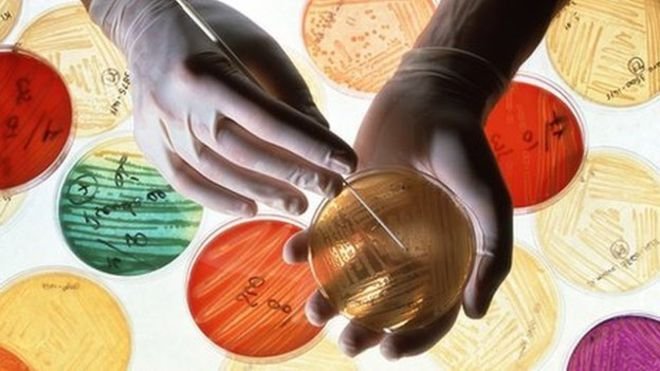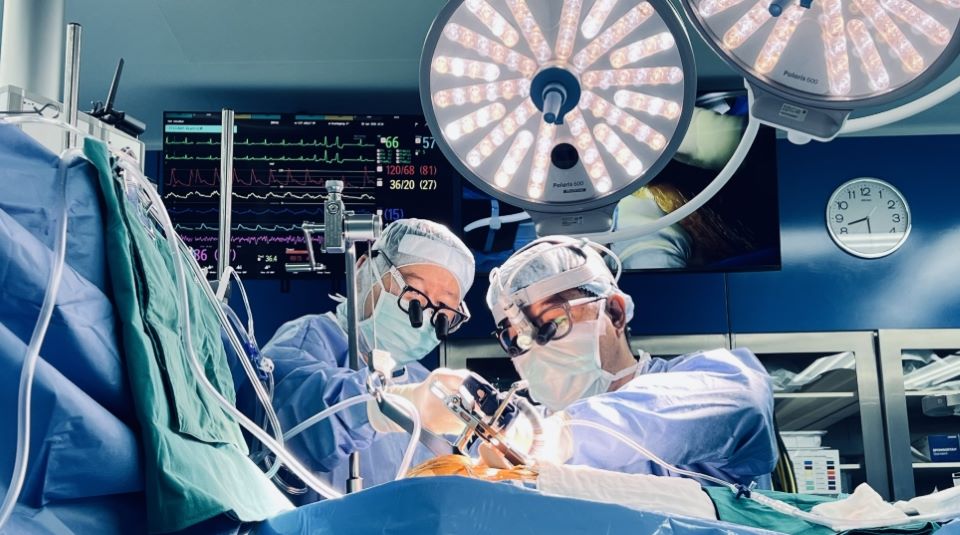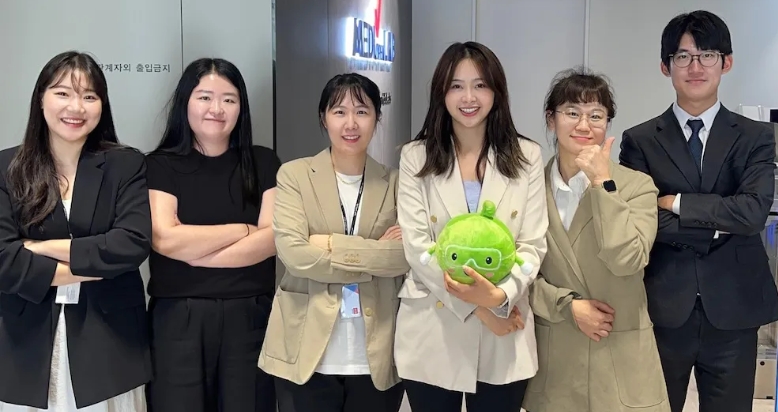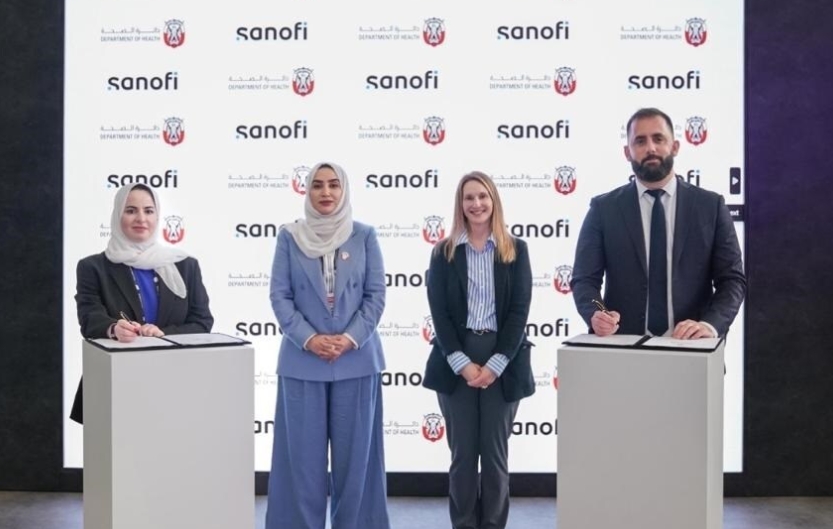
Image credit- bbc.com
A team of scientists at University of Queensland’s Institute for Molecular Bioscience, Australia has modified an old drug to make it effective against antibiotic-resistant microbes, or superbugs. The scientists have developed a technique to ‘supercharge’ vancomycin to renew its effectiveness against resistant bacteria strains.
Superbugs cause 700,000 deaths worldwide each year, and this number has been predicted to increase to 10 million by the year 2050. An old drug, vancomycin, is used to treat complicated bacterial infections, but resistant strains have emerged in recent years.
The research team has modified vancomycin’s membrane-binding properties to selectively bind to bacterial membranes rather than those of human cells, creating a series of supercharged vancomycin derivatives called vancapticins.
The rebooted vancomycin has the potential to treat methicillin-resistant Staphylococcus aureus and vancomycin-resistant Enterococci. Given the alarming rise of multi-drug resistant bacteria and the length of time it takes to develop a new antibiotic, the researchers believe that there is an urgent need to look at any solution that could fix the antibiotic drug discovery pipeline.




